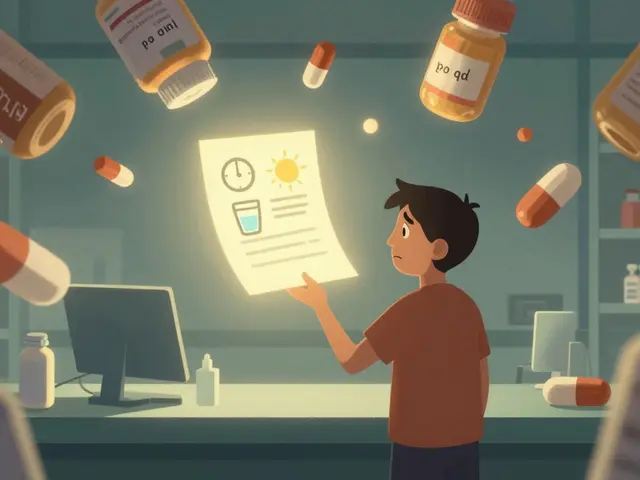HIV Care: What You Need to Know Right Now
Finding reliable info on HIV can feel overwhelming, but the basics are actually pretty simple. First off, knowing your status is the starting line – a quick test gives you the facts you need to move forward. If you’re positive, modern antiretroviral therapy (ART) can keep the virus under control, let you feel normal, and dramatically lower the chance of passing it on.
Staying on ART isn’t just about swallowing pills; it’s about building a routine that fits your life. Set a reminder, keep meds in a place you’ll see daily, and talk to your doctor about side‑effects before they become a problem. Most people on stable ART have viral loads so low they’re effectively non‑infectious, which is why consistent use is the single most important step.
How Antiretroviral Therapy Works
ART combines two or more drugs that attack HIV at different stages. Think of it like a lock and key system – each drug blocks a specific part of the virus’s replication process. When you take them together, the virus can’t bounce back, and your immune system gets a chance to recover.
The most common regimen today includes a backbone of tenofovir and emtricitabine plus a third agent like dolutegravir or bictegravir. These newer drugs have fewer side‑effects and are taken once a day, making them easier to stick with. If you ever feel nauseous, dizzy, or notice a rash, call your clinic – they can swap a drug without breaking your viral suppression.
Blood tests every three to six months tell you whether the therapy is working. A “undetectable” result means the virus is so low you can’t transmit it sexually (U=U). This isn’t a magic shield, but it’s a powerful tool for both your health and your loved ones.
Practical Everyday Tips for People Living with HIV
Beyond meds, a few lifestyle tweaks make a big difference. Eat a balanced diet rich in fruits, vegetables, and lean protein – it supports a strong immune system. Regular exercise, even a brisk 30‑minute walk, helps keep your weight in check and reduces stress.
Stay on top of appointments. Your doctor will monitor kidney function, liver health, and cholesterol because some ART drugs can affect these organs over time. If you travel, pack enough medication for the whole trip plus a few extra days, and keep it in your carry‑on to avoid temperature extremes.
Don’t let stigma hold you back. Join a support group, either in person or online, to share experiences and get encouragement. Talking openly with partners about HIV status and safe sex practices builds trust and keeps everyone healthier.
Finally, protect your mental health. Depression and anxiety are common, but they’re treatable. If you feel down, reach out to a therapist or counselor who knows about HIV. A healthy mind speeds up physical recovery.
Whether you’re newly diagnosed or have been managing HIV for years, these steps keep you in control. Keep testing, stay on therapy, eat well, move often, and lean on community – that’s the recipe for thriving with HIV.
Atazanavir & Mobile Health: Boosting HIV Care with Digital Tools
Explore how Atazanavir fits into modern HIV treatment and how mobile health apps improve adherence, monitoring, and outcomes for people living with HIV.


